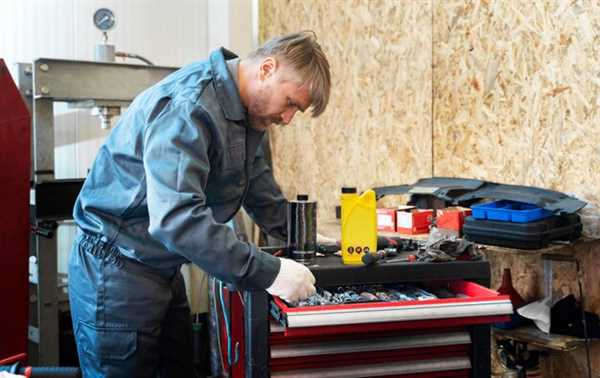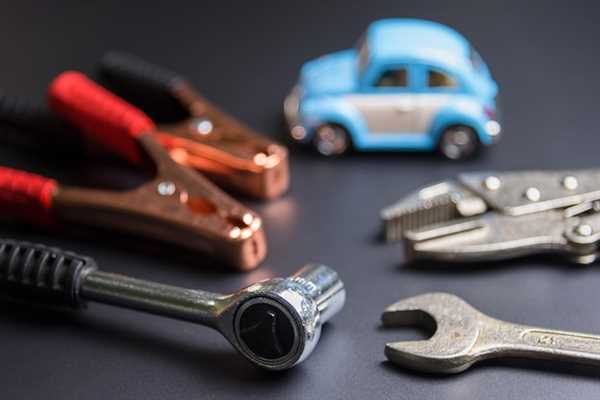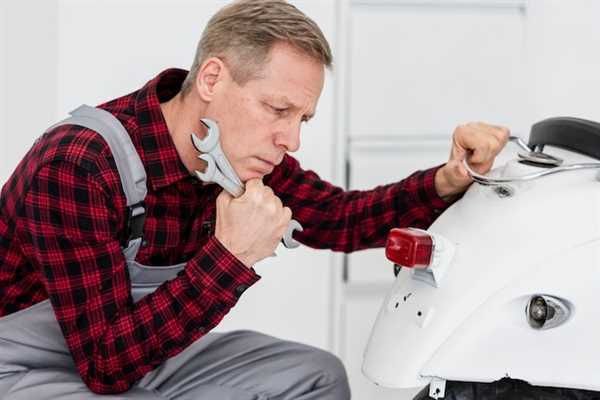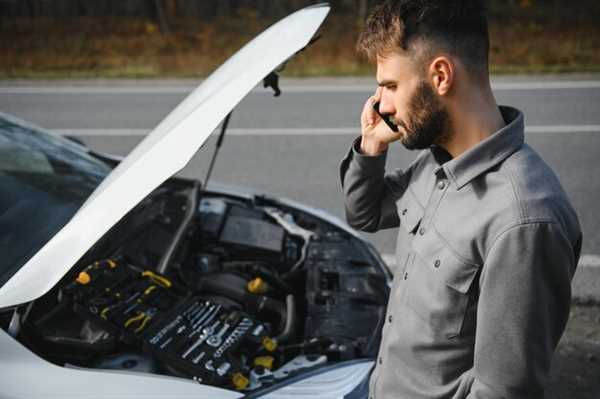
Begin by acquiring a quality jack and jack stands to safely lift your vehicle. This setup is necessary for tire changes and performing undercar inspections. A reliable floor jack will support your vehicle securely, while sturdy jack stands provide additional safety during maintenance tasks.
A set of wrenches and sockets is indispensable for tackling various fasteners throughout your vehicle. Opt for a comprehensive metric and imperial set, allowing you to address different components with ease, from battery terminals to suspension elements. Ratcheting wrenches can significantly speed up the process of loosening or tightening bolts.
Don’t overlook the importance of a diagnostic scanner. This device connects to your car’s OBD-II port, enabling you to identify trouble codes and understand issues before heading to a mechanic. Investing in a reliable scanner saves both time and money in the long run.
Lastly, a quality tire pressure gauge is crucial for maintaining optimal tire health. Regularly checking tire pressure enhances fuel efficiency and extends tire life, reducing the risk of blowouts on the road. Choose a digital or analog gauge for accuracy in measurement.
Top 5 Essential Hand Tools for Routine Maintenance

A socket set is critical for various tasks, from changing oil filters to replacing exhaust components. Look for a comprehensive set with both metric and standard sizes for versatility in your DIY projects.
Adjustable wrenches are a must-have for tackling different bolt sizes without needing multiple fixed wrenches. Choose a sturdy option with a smooth and easy-to-adjust jaw.
A reliable torque wrench is required to ensure proper tightness on engine bolts and wheel lug nuts. This prevents damage from over-tightening and enhances safety.
Pliers, specifically needle-nose and slip-joint varieties, are invaluable in working with hoses and small components. Investing in a high-quality pair will enhance your ability to handle various tasks around the vehicle.
Screwdrivers with interchangeable heads allow for efficiency in working with fasteners throughout your vehicle. Opt for a magnetic tip to make handling screws easier, especially in tight spaces.
Best Diagnostic Tools to Troubleshoot Common Car Issues

Invest in an OBD-II scanner to read error codes from the vehicle’s computer. This device provides insights into what may be malfunctioning, making it a go-to for DIY repairs.
A multimeter is indispensable for troubleshooting electrical issues. It measures voltage, current, and resistance, helping pinpoint wiring problems or faulty components.
Consider a code reader for quick diagnostics. Code readers are user-friendly and offer essential information without needing extensive technical knowledge.
Tire pressure gauges are critical for maintaining optimal tire health. Keeping tires properly inflated can prevent uneven wear and enhance fuel efficiency.
Utilize a compression tester to assess engine health. This tool measures the pressure in each cylinder, providing clues about wear and potential repair needs.
A fuel pressure gauge helps diagnose issues related to fuel delivery. It ensures that the fuel system operates within the correct pressure range for optimal engine performance.
Use a coolant pressure tester to identify leaks in the cooling system. This tool allows for safe, accurate system pressure checks, pinpointing problematic areas quickly.
A brake fluid tester can indicate moisture levels in the hydraulic system. Keeping an eye on brake fluid condition is essential for maintaining braking performance.
Digital torque wrenches are perfect for tasks requiring precise fastening, such as wheel lug nuts or engine components. Achieving correct torque specifications is key to vehicle safety and reliability.
A vacuum gauge aids in diagnosing engine performance issues by measuring manifold vacuum. This can reveal problems with the intake system and valve operation.
Must-Have Safety Gear for DIY Car Repair Projects
Always wear safety goggles to protect your eyes from debris and chemicals during repair tasks. Choose a pair with side shields for maximum coverage and comfort.
Gloves made from durable materials are essential for hand protection. Opt for nitrile or leather gloves that provide grip while keeping your hands safe from sharp edges and hot surfaces.
A sturdy pair of steel-toed boots is necessary to shield your feet from heavy falling objects. Ensure they have slip-resistant soles for traction in the workshop or garage.
A high-visibility vest can be beneficial if you are working in low-light conditions or near roadways. This gear enhances your visibility to others, reducing the risk of accidents.
Ear protection, such as earmuffs or earplugs, is advisable when operating loud equipment. Prolonged exposure to noise can lead to hearing damage, so prioritize your auditory health.
A well-stocked first aid kit should be readily available. Fill it with bandages, antiseptics, and medical supplies to address minor injuries quickly.
Finally, a reliable fire extinguisher is crucial in any workspace where flammable materials are present. Choose an extinguisher suited for both electrical and flammable liquid fires to ensure safety.



